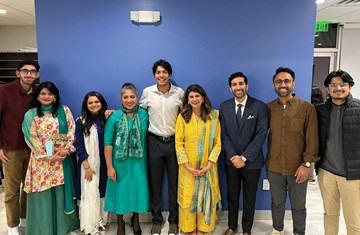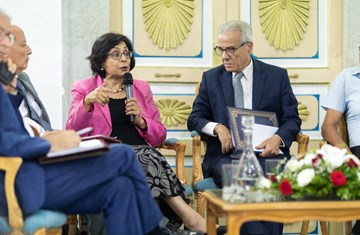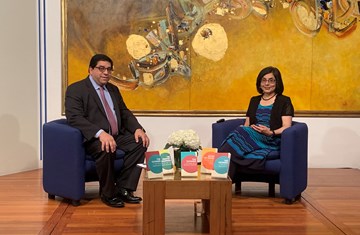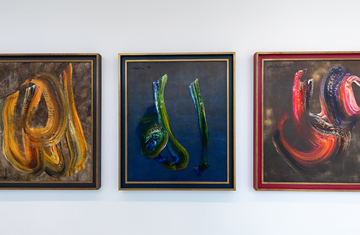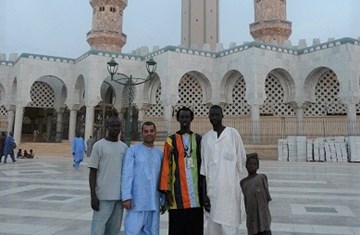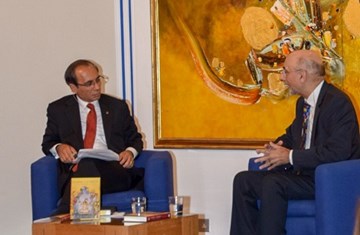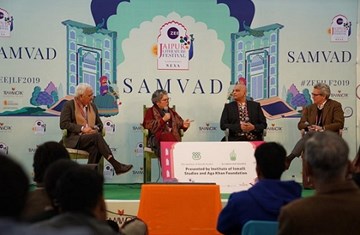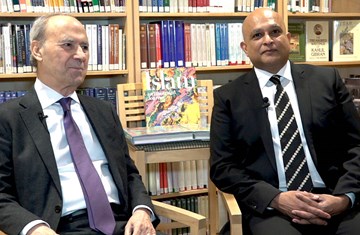Book Launch – An Anthology of Qur’anic Commentaries
An Anthology of Qur’anic Commentaries - Volume I: On the Nature of the Divine was launched at the Institute on 23 April, 2009. The book, published in association with Oxford University Press, is part of the IIS’ Qur’anic Studies series and aims to illustrate the wide ranging diversity of Qur’anic interpretations in the Muslim intellectual tradition.
The book launch took place at the Institute’s new premises in Euston and was attended by scholars from across the United Kingdom. Speakers at the event included the editors of the volume, Feras Hamza, Sajjad Rizvi and Farhana Mayer, as well as the Academic Co-ordinator of Qur’anic Studies at the IIS, Omar Ali-de-Unzaga. The editors discussed the inspiration for the book, the background research it required and the likely use of this book in a teaching environment. The book will be a valuable resource in a variety of contexts, especially those in the academic sphere.
The Anthology studies the interpretations of six Qur’anic verses in detail, from the viewpoints of twenty selected Sunni, Shi‘i (including Ithna‘ashari and Ismaili), Ibadi, Mu’tazili and Sufi commentators. As was stated during the book launch, the richness of the genre of Qur’anic interpretation stems from the interaction of the poetic and symbolic language of the text as well as the biographical and doctrinal differences among the interpreters.
The variety of tafsirs confirms the fact that there is no universality among interpretations. Rather, readings of the Holy Qur’an have given way for a range of different commentaries. The verses studied in this volume concern God’s qualities and attributes such as His omnipresence, throne, mercy, light, measure and oneness. In addition to the commentaries, the Anthology also supplies contextual notes and a historical background.
The Anthology of Qur’anic Commentaries Series aims to make the reception and interpretation of the Holy Qur’an accessible to anyone interested in cultural and religious studies. This first volume reflects the plurality of meanings that the Holy Qur’an itself allows for, and which have produced a vast and venerable tradition of diverse interpretations.

